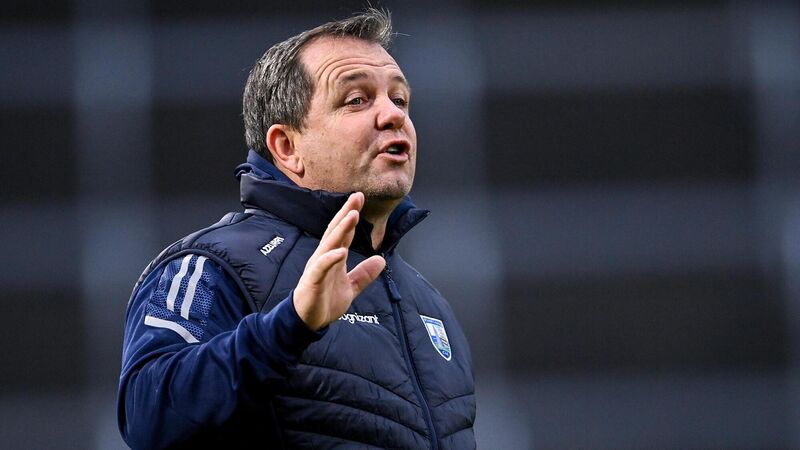John Fogarty: Hurling always ahead of its rules

MESSAGES: Waterford manager Davy Fitzgerald used a team official on the terrace to relay messages to the field. Pic: Piaras Ó Mídheach/Sportsfile
Not that Barry Kelly could have refereed it — his native Westmeath being involved and he retired from the inter-county game — but it’s just as well he was not in the man in the middle in Mullingar on Sunday.
The game, he admitted, would have been laden with frees. “The level of throwing the ball in hurling has reached epidemic proportions based on what I witnessed in Cusack Park,” he messaged on Sunday about the game against Wexford. “I’d say the ratio of fouls to correct passes was eight to one.








